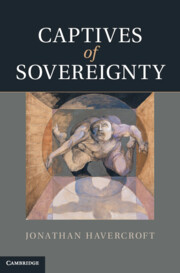Book contents
4 - Sovereignty, religious skepticism, and the theological-political problem
from Part I
Published online by Cambridge University Press: 07 September 2011
Summary
The previous two chapters have explored two varieties of skepticism – epistemic and ethical – to which Hobbes and Spinoza’s theories of sovereignty respond. This chapter will consider a third variety of skepticism: religious skepticism. In many ways religious skepticism was a more fundamental political problem to Hobbes and Spinoza’s readers than either of the first two varieties of skepticism. Hobbes wrote the majority of his political writings in response to the English Civil War – a conflict that was triggered in large part due to disputes over the relationship between the Crown and the practice of religion. Spinoza was excommunicated from his synagogue at the age of twenty under suspicion of being an atheist. Later in his life, the Dutch Republic collapsed partly as a result of political tumult caused by the clashes between the Remonstrants – a liberal Dutch Calvinist sect that favoured republicanism and toleration – and the Calvinist Fundamentalist supporters of Gisbertus Voetius.
- Type
- Chapter
- Information
- Captives of Sovereignty , pp. 99 - 138Publisher: Cambridge University PressPrint publication year: 2011



